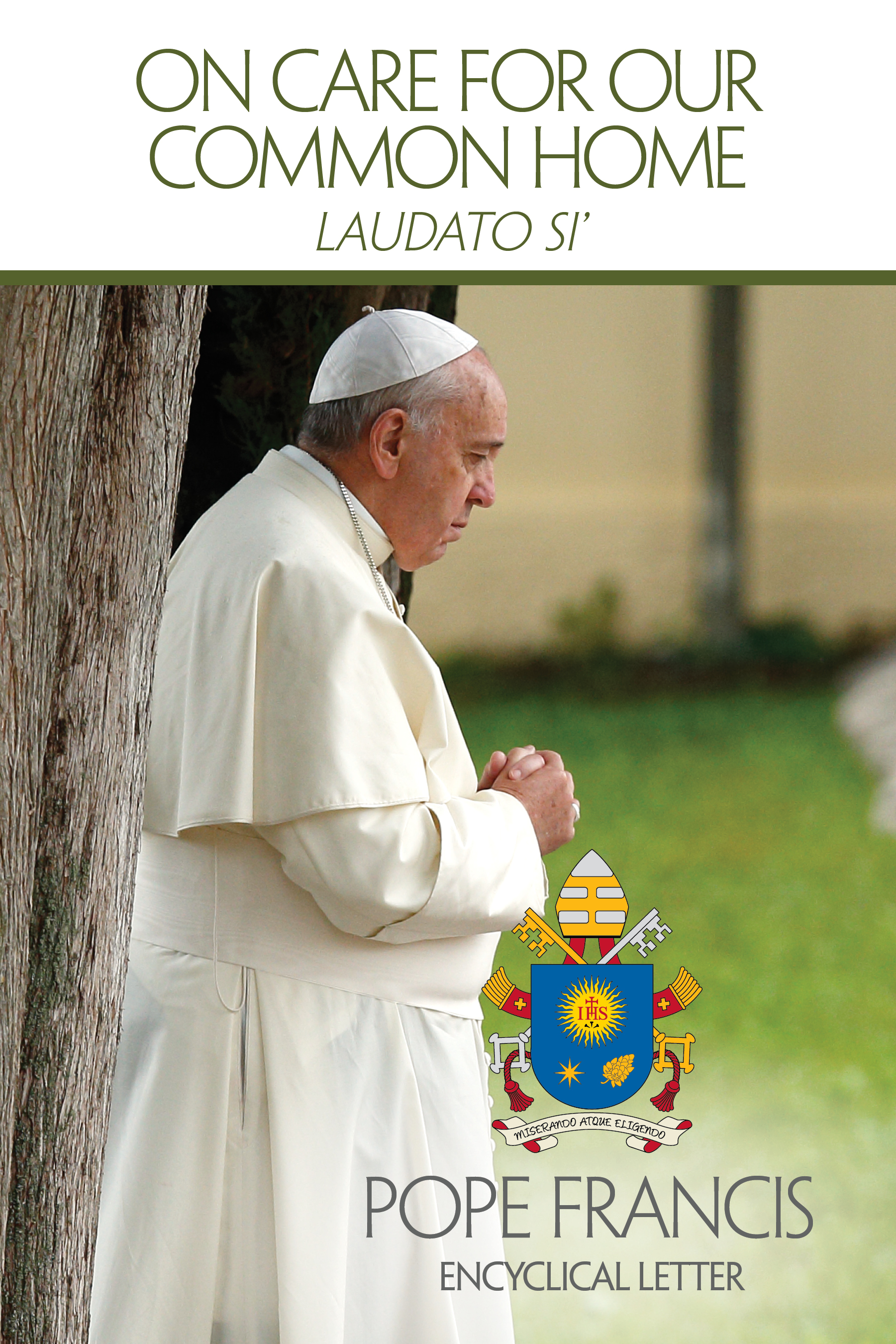Pope Francis, a globally recognized figure of moral authority, has consistently emphasized the importance of addressing climate change. His encyclical Laudato Si' is considered a pivotal moment in global environmental discourse. This document not only addresses ecological issues but also ties them to social justice, urging nations and individuals to take responsibility for their impact on the planet. The Pope's message resonates deeply with those advocating for sustainable development and equitable resource distribution.
The influence of Pope Francis extends beyond religious circles, reaching policymakers, activists, and ordinary citizens worldwide. His call to action challenges both the powerful and the powerless to reconsider their roles in protecting Earth's ecosystems. By framing environmental degradation as an ethical issue, he encourages reflection on humanity's relationship with nature and its responsibility towards future generations. This article delves into key insights from his encyclical and examines its impact on global climate initiatives.
Pope Francis' encyclical Laudato Si' marks a significant milestone in the dialogue surrounding climate change. It articulates the urgent need for rich nations to acknowledge and address their historical contributions to environmental damage. In this seminal work, the pontiff emphasizes that developed countries owe a 'grave social debt' to poorer nations, which have suffered disproportionately from the effects of global warming despite contributing less to it. This perspective shifts the conversation from mere environmental stewardship to one rooted in justice and equity.
Rich Nations' Responsibility in Addressing Climate Debt
Pope Francis explicitly calls upon wealthy nations to recognize their ecological footprint and take decisive steps toward mitigating climate change. He argues that these countries must pay their 'grave social debt' by implementing policies aimed at reducing greenhouse gas emissions and supporting vulnerable communities affected by rising temperatures. Such actions would demonstrate solidarity with those least responsible yet most impacted by environmental crises.
Furthermore, the encyclical highlights how indifference among powerful entities exacerbates the ecological crisis. By prioritizing economic interests over environmental concerns, decision-makers contribute to systemic neglect of natural resources. To combat this trend, Pope Francis advocates for greater accountability within governmental structures and corporate sectors alike, ensuring they prioritize sustainability alongside profitability.
This vision challenges traditional notions of development, urging societies to adopt holistic approaches that balance progress with preservation. As such, it serves as a rallying cry for international cooperation in tackling shared challenges posed by climate change while promoting fairness across borders.
A Global Call to Action Inspired by Laudato Si'
In celebrating the first anniversary of Laudato Si', the United Nations Framework Convention on Climate Change (UNFCCC) underscored its significance as a catalyst for transformative change. The encyclical's clear stance on climate science provided moral impetus for nations negotiating agreements like the Paris Accord. Its emphasis on intergenerational responsibility aligns closely with global efforts to limit temperature increases below critical thresholds.
Beyond diplomatic arenas, Laudato Si' inspired grassroots movements advocating for renewable energy adoption and conservation practices worldwide. These initiatives reflect the encyclical's core principle: caring for creation requires collective effort spanning diverse cultures and belief systems. Through education campaigns and community engagement projects, people are increasingly recognizing their role in fostering sustainable lifestyles.
Moreover, the document's inclusive language invites collaboration between faith-based organizations and secular institutions working towards common goals. This synergy strengthens advocacy efforts aimed at influencing policy decisions at local, national, and international levels, thereby amplifying the reach of Pope Francis' message.
Radical Transformation Advocated by Pope Francis
Laudato Si' presents itself as more than just an environmental treatise; it represents a profound critique of contemporary society's values and priorities. Pope Francis envisions a radical transformation encompassing political systems, economic models, and personal behaviors necessary to achieve genuine ecological conversion. This comprehensive approach seeks to dismantle structures perpetuating inequality and exploitation while nurturing respect for all forms of life.
He attributes much of today's environmental destruction to apathy, greed-driven pursuits, misplaced trust in technological solutions, and short-sighted governance strategies. Addressing these root causes necessitates rethinking conventional paradigms that prioritize profit maximization above ecological integrity. Instead, the encyclical champions alternative frameworks emphasizing human dignity, communal well-being, and long-term planning.
Such ideas resonate strongly with younger generations seeking meaningful ways to engage with pressing global issues. They inspire renewed commitment among leaders from various fields to champion policies reflecting broader societal aspirations for harmony between humanity and nature. Consequently, the encyclical continues shaping debates around climate action years after its publication.

